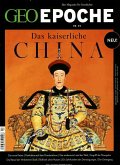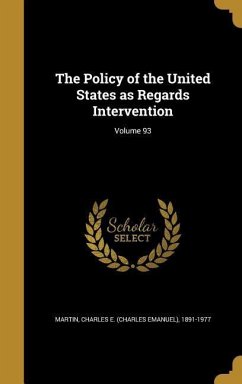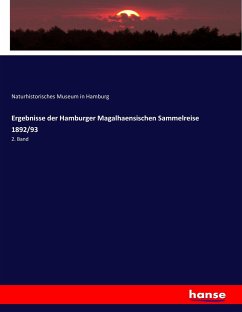Henry C. Wallace was secretary of agriculture. Henry A. Wallace was secretary of agriculture and vice-president to Franklin D. Roosevelt. But "Uncle Henry" Wallace, perhaps the least known of the Henry Wallaces, was the patriarch of the Wallace family in Iowa and a pivotal figure in American agricultural history. In this documentary profile, Richard S. Kirkendall has compiled material from Uncle Henry's voluminous writings to create a vivid portrait of the man who had a hand in many of the key changes in farming from 1880 to 1920. Educated for the Presbyterian ministry, Henry Wallace gained fame as an agricultural editor, first of the Iowa Homestead and then of the journal he founded, Wallaces' Farmer, the best-known farm journal in American history. Wallace wrote and spoke widely on a multitude of topics: the importance of "book farming", how to keep sons on the farm, the need for farm organizations, world markets, and the benefits of growing clover and raising calves on milk. Whatever the subject, Wallace addressed rural society in terms of its significant role in the success of the American democratic vision. A man of great influence, Wallace was an adviser to Theodore Roosevelt and other prominent figures of his day, and his impact continued beyond his lifetime. Henry A. Wallace and others who shared Uncle Henry's views contributed to the mid-twentieth-century agricultural revolution of new technologies, amazing increases in the output of farms, and the sharp reduction in the farm population. Uncle Henry would have applauded the revolution's first two features but deplored the third. This book is an unprecedented collection of Henry Wallace's writings, organized in a manner thatillustrates his intellectual development, for he was an intellectual - and one who urged farmers to recognize the intellectual dimension of their own work.
Hinweis: Dieser Artikel kann nur an eine deutsche Lieferadresse ausgeliefert werden.
Hinweis: Dieser Artikel kann nur an eine deutsche Lieferadresse ausgeliefert werden.








